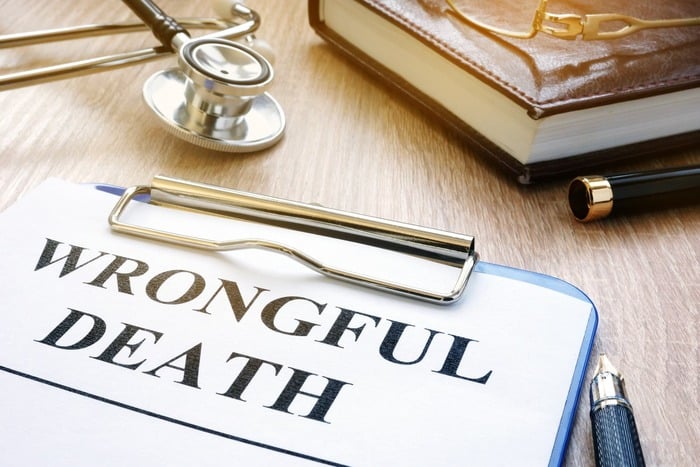
No pain is comparable to that of losing a dear family member or friend. More so, if the death is not a natural one and is due to the actions of someone else. Initially, you need and deserve some time to process the loss.
Once you are in a composed state, you start looking for answers. There is a good chance that close friends and family may have heard of wrongful death claims and advise you to look into it. While this post is a primer on wrongful death claims, at this stage, it is crucial for you to find a good wrongful death attorney aurora.
What is a wrongful death claim?
Let us understand this with the help of an example. Suppose you are working in a factory and due to the negligence of the factory operator you suffer an injury at work. In such a case, you can file a claim for personal injury since you (the victim) are alive.
Now, imagine a scenario where the victim dies due to the actions of another person, then in such a case, the personal injury claim can be filed by someone other than the victim. Such a claim is known as a wrongful death claim.
What are the applicable laws?
Every State in the United States has its own laws and while the basic premise behind a wrongful death claim may be the same, the procedure to file it may vary from State to State. For instance, the definition of wrongful death may be different in Colorado and Virginia and what are the available options in terms of compensation may be different in New York and Florida.
It is, therefore, important to consult a capable attorney who is experienced in these types of claims in your district before taking any step in this direction.
Which State’s law will be applicable?
This is an interesting question. In many situations, a person may have a house in multiple States. Which States’ laws will be applicable then?
The answer is that, usually, you need to take a look at the laws of the State where the victim was living at the time of their death.
Who can file a wrongful death claim?
As stated above, laws are State specific and you must check the statute related to wrongful death which has been enacted by your State Legislature.
On a broader level, since the person who is the victim in a case of wrongful death has passed away, the claim will have to be filed by someone else on their behalf.
But who will be this ‘someone else’?
In most cases, it is either a surviving relative of the deceased or the estate of the deceased. When we talk about surviving relatives, again, we need to look into the specific definition of ‘relative’ in the applicable laws.

Who is a Personal Representative?
We discussed that after the death of the victim, his estate can sue for wrongful death. But there is also the concept of a personal representative stepping in and filing the claim on behalf of the estate.
But this is only possible if the probate court has appointed a personal representative. Obviously, this means that as a relative of the deceased, you first need to file for probate in the appropriate court and once that is granted, you then file a suit for wrongful death. Needless to say, this is a time-consuming process.
Generally, it is the parent or child of the deceased who becomes a personal representative.
What is the outcome of a wrongful death claim?
Like all legal disputes, a suit for wrongful death may end in either of the following two ways:
- Court order deciding the claim either in favor of the claimant or the respondent.
- Out-of-court settlement.
It needs to be remembered that a trial is a complicated and expensive affair and it is for this reason that a large number of wrongful death claims get settled between the parties out of court. The person who has gone cannot be replaced but monetary compensation can help their surviving relatives move on with their lives in a better manner.